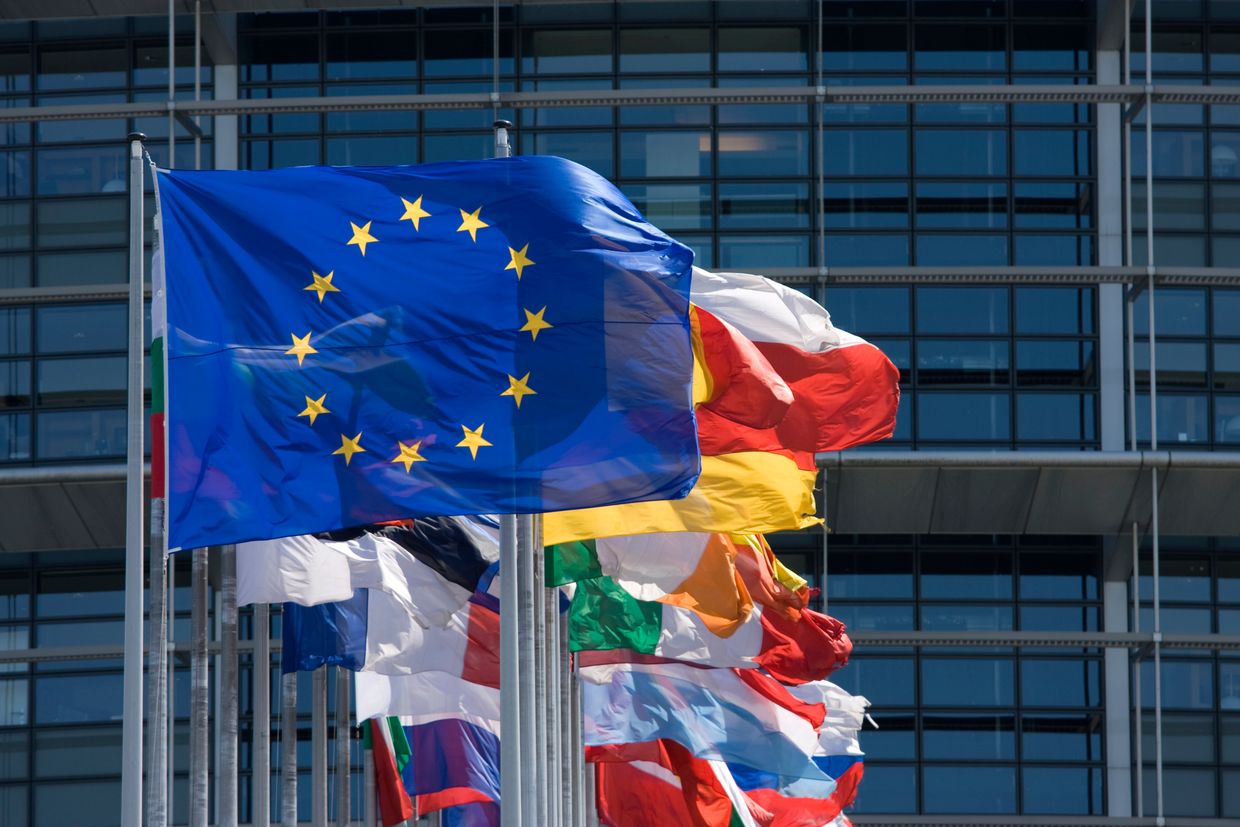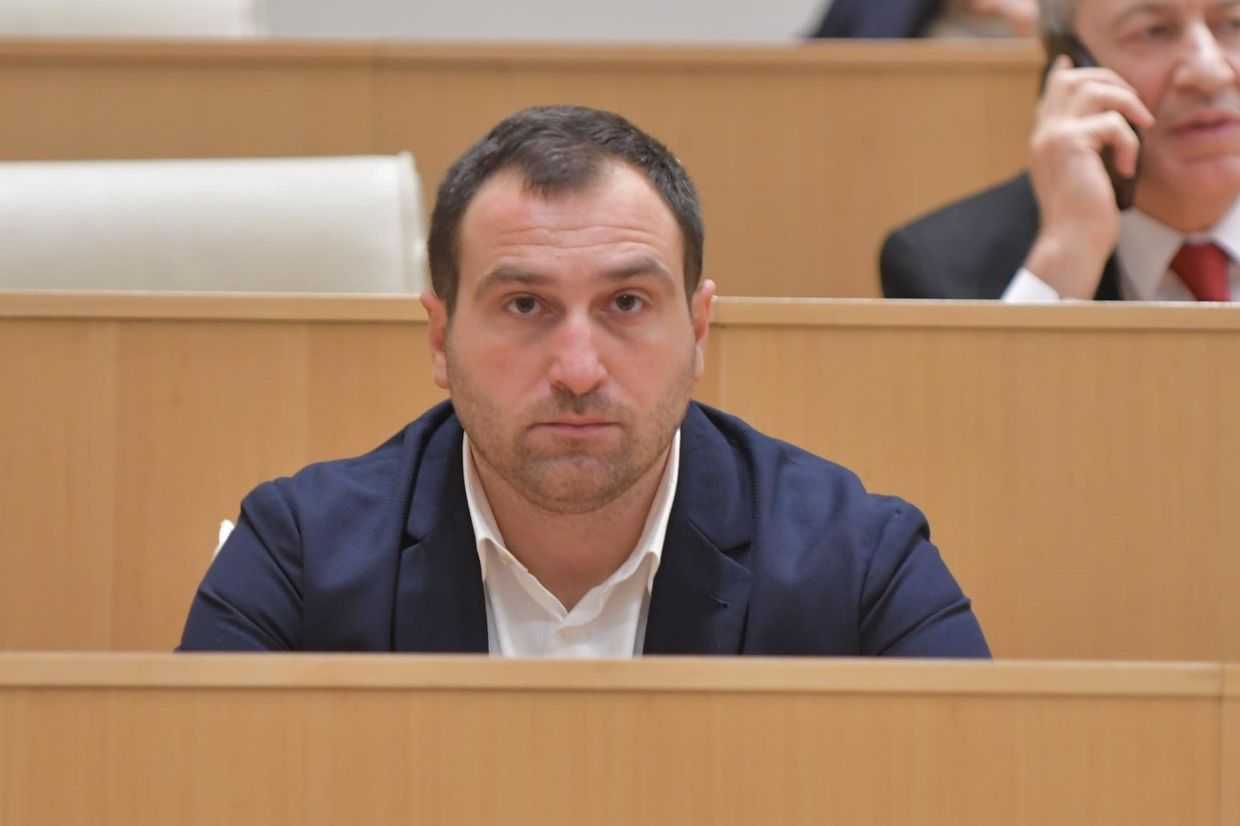
The Netherlands has suspended the participation of Georgian government officials in their Matra Rule of Law Training Programme citing the ‘rapidly deteriorating situation in Georgia and the course of the authorities’.
The Dutch Foreign Ministry announced the suspension in a post on X on Monday evening.
In the same post, the ministry called on the Georgian authorities to ‘uphold their responsibilities under international law: prosecuting those responsible for violence against protestors and journalists, releasing all political prisoners, and rescinding all repressive legislation’.
The Matra Rule of Law Training Programme is aimed at strengthening institutional capacity within government organisations in the field of the rule of law. It works with government officials from 10 countries, excluding Georgia — Armenia is the only other country in the South Caucasus.
In a separate post on Facebook, the Dutch Embassy in Georgia highlighted that close to 200 Georgian officials and civil servants had been trained by the programme over the years, noting that it was a ‘difficult decision’ to suspend their participation.
‘We sincerely hope that the situation in the country will improve in order for us to welcome Georgian participants in the future again’, the embassy wrote.
Since the November announcement halting progress on Georgia’s EU accession until 2028 and the brutal crackdown on the resultant protests, a number of Western countries have cancelled joint programmes and projects and Georgian officials have received notably less invitations to EU functions.
Most recently, the Danish Foreign Ministry announced that Georgia would not be invited to an informal meeting of European affairs ministers scheduled for 1–2 September in Copenhagen, following the ‘precedent set during the Polish presidency’ in not inviting Georgia to EU meetings.
Georgia was previously excluded from a gathering of EU foreign ministers on 7–8 May in Warsaw to discuss ‘the challenges for Europe’s foreign and security policy’.







![Baia Margishvili standing in central Tbilisi with a sign reading: ‘The Prosecutor’s Office [is] a punitive squad. How many more innocent people will you put in prison?’ Photo: Mariam Nikuradze/OC Media.](/_next/image/?url=https%3A%2F%2Fassets.bucket.fourthestate.app%2Foc-media-prod%2Fcontent%2Fimages%2F2026%2F02%2Fcalls-for-sanctions-and-raids-19-10-25-48.jpg&w=3840&q=50)



